Chapter Four – Grammar and Vocabulary – English Form Two
Introduction
Competence in English grammar and vocabulary is crucial. In this chapter, you will learn and acquire grammar skills through various activities and exercises. You will also acquire new words, their meanings, pronunciation and usage in sentences.
You will apply your grammar and vocabulary knowledge in real-life contexts by integrating them into listening, speaking, reading and writing tasks. The competencies developed will build your confidence in language skills and enable you to communicate effectively in various contexts.
Think about:
- common errors to avoid when using tenses.
- using various vocabulary items to avoid excessive repetition of the same words.
Activity 1: Producing contextualised descriptions of personal experiences
(a) Study the following picture and answer the questions that follow.
[Picture of animals in their natural habitat]

Questions
- What is happening in the picture?
- What is unique about the picture? Why?
- What do you think the animals in the picture are feeling? Why?
- Where do you think this is?
- Have you ever felt the same way as the animals in the picture? Write about your experience in two paragraphs.
(b) Practise forming present simple sentences by combining statements related to a given topic. Start with an initial sentence. Then, build on it by repeating the previous sentence and adding a new, related statement. An example is provided for reference.
Topic: Daily Routines
Starting Sentence: “I wake up at 7 a.m.”
Chain Statements:
- Student 1: “I wake up at 7 a.m. and I brush my teeth.”
- Student 2: “I wake up at 7 a.m.; I brush my teeth; and I eat breakfast.”
- Student 3: “I wake up at 7 a.m.; I brush my teeth; I eat breakfast; and I go to school.”
- Student 4: “I wake up at 7 a.m.; I brush my teeth; I eat breakfast; I go to school; and I study maths.”
- Student 5: “I wake up at 7 a.m.; I brush my teeth; I eat breakfast; I go to school; I study math; and I play football after school.”
(c) Read the following passage. Then, complete the activities after the ‘Did you know’ part.
Tulile’s Adventure
Tulile Mwanjosi lived in the small village of Kisiba. The village was surrounded by green hills and clear streams, and it lay near Kisiba Volcanic Lake in the Mbeya Region. As she was walking along the path one day, Tulile was startled by a strange noise from the bush. Curious, she stopped and listened carefully.
Suddenly, a small rabbit jumped out, and Tulile laughed as it ran away. She picked some wild berries and continued her walk, enjoying the peaceful sounds of the village. As Tulile was returning home, the sky started to turn dark. She met a lot of villagers hurrying to their homes. A few minutes later, the rain started pouring as if someone opened the floodgates.
This made Tulile run as fast as she could. By the time she reached her house, she was soaked; however, she was happy to be safe inside. That evening, as the rain was falling, Tulile sat by the fire, thinking about her adventure in the forest and feeling grateful for her quiet life in Kisiba.
Did you know?
The sentences in bold in the passage are in the simple past or past continuous tenses. The simple past shows that an action was completed in the past. This simple past tense is used to talk about actions that happened in the past. Regular simple past verbs end in -ed (e.g., called, played, arrived). Irregular verbs, however, have different forms from their basic words (e.g., tell-told, bring-brought, write-wrote).
Consider the following structures for the simple past tense:
1. Affirmative: Subject + verb in the past form
e.g., I ate food.
2. Negative: Subject + did not + base form of the verb
e.g., I did not eat food.
3. Question: Did + subject + base form of the verb
e.g., Did you eat?
The past continuous tense is used to talk about an action that was happening at a specific time in the past. This tense often describes an action that was interrupted by another action. Consider the following structure for the past continuous tense:
1. Affirmative: Subject + was/were + verb + -ing
e.g., I was walking home.
2. Negative: Subject + was/were not + verb + -ing
e.g., I was not walking home.
3. Question: Was/Were + subject + verb + -ing
e.g., Was I walking home?
Note: Sometimes we use the simple past and past continuous tenses together in the same sentence. This shows that the action was ongoing when it was interrupted by another.
Practice
(i) Reread the passage in (c) and copy all sentences containing simple past and past continuous tenses.
(ii) Change the sentences copied in (i) into negative sentences.
(iii) Construct ten sentences containing both tenses. Then, change them into questions.
Exercise 1
Combine each pair of sentences below to form a single sentence that incorporates both the simple past and past continuous tenses.
- Milambo plays football. A dog runs onto the football ground.
- Penina eats lunch. The phone rings.
- Mahmood and Jalil study for the test. The power goes out.
- The English teacher leads the discussion. The bell rings.
- Sarah and Shamimu walk to school. It starts to rain.
- You write a letter to your mother. Your friend calls you.
- The child reads the book. Someone knocks on the door.
- He cleans his new car. It begins to rain heavily.
- Baby Mandy sleeps soundly. The alarm rings.
- The neighbourhood children play at garden. It starts to get dark.
(d) Recite and study the following poem. Then, create your poem to express your future aspirations and goals. In your poem, describe what you plan to do and how you hope to achieve them. Use “will,” “going to,” and “would like to.”
My Goals and Dreams
In the garden of my mind, I plant a seed,
Hoping it grows into all I will need.
My dreams are the sunshine, warm and bright,
Guiding me forward, day and night.
I sail on a ship across life’s sea,
With goals as my compass, setting me free.
Through waves of challenges, I stay strong,
Believing that I will reach where I belong.
My dreams are stars in the sky so high,
Lighting my path as time goes by.
I will chase them down with all my might,
Knowing they are going to lead me to the light.
Step by step, I climb the hill,
With goals as my boots, and focus at will.
It would not be easy I know,
But chasing my dream is a map to follow.
(e) Create a timeline describing significant events in your academic life, using past, present, and future tenses. Use the following timeline chart as a guide.
My Personal Timeline
Past
Last year, I was in Form One. ……
Present
I am in Form two this year. I have new friends. …
Future
Next year, I will be in Form Three. ………
Activity 2: Composing a passage from a specific context
(a) Play the Grammar Detective Game by identifying as many tense errors as possible in the following passage. Correct the errors and re-write the passage.
Yesterday, I am going to the market to buy some groceries. When I arrive there, I realise that I forget my shopping list at home. I was thinking about going back to get it, but then I decide to remember what was on the list. I am trying to remember everything; I do not have any luck. So, I end up buying only a few items. While I walked home, I see my friend Naheema. We was talking for a while, and then I continue on my way home. When I reached home, I find out that I did not buy anything that I needed.
Tomorrow, I am going to went to the market again to buy things I forget. I will makes sure to take my shopping list this time. I hopes I do not meet anyone who will distract me. If everything goes well, I am finally have all the things I needs by the end of the day. I thinked about going in the morning, but then I decides that afternoon would be better because it is less crowded.
(b) Act out the following dialogue and answer the questions that follow.
Mama Rizal: Rizal! Rizaaal!
(There is no response. So, she goes out of the house and searches around for him but to no avail)
Mama Rizal: Has anyone seen my son? I have looked for him everywhere, but I cannot find him.
Ahmed: Oh no! How long have you been looking for him?
Mama Rizal: I have been looking for him for over an hour now. I have checked the playground and the nearby shops.
Ahmed: Have you asked other children if they have seen him?
Mama Rizal: Yes, I have already asked some children, but they have not seen him. I have also called some relatives, but they have not seen him either.
Ahmed: Have you called the police? He might have been abducted.
Mama Rizal: Oh no! Not that. I have just informed the police. They have put an amber alert. I am on my way to the police station.
Ahmed: That is good. I hope they have found him by now.
Questions
- What is the dialogue about?
- What do the words abducted and amber alert mean? Construct two (2) sentences for each word.
- What is a suitable title for the dialogue?
- Have you ever witnessed such an incident in your life? If yes, describe it in one paragraph. If not, imagine the situation and write about it.
Did you know?
The sentences in bold in the dialogue are in the present perfect and present perfect continuous tenses. The present perfect tense is used to describe actions or events that occurred at an unspecified time in the past but are still relevant or have some effect on the present moment. It is formed using “has/have” followed by the verb in the past participle. For example, I have checked the playground and the nearby shops. Prepositions such as since and for can be used to specify the time period. For example, in She has lived here since 2010, “since” indicates the starting point and in She has lived here for ten years, “for” indicates duration. The present perfect continuous tense, on the other hand, emphasises the duration of an action that started in the past and is still ongoing or has just been completed. It is formed using “has/have been” followed by the present participle (verb + -ing). For example, I have been looking for him for an hour now. In this tense, prepositions since and for can also be used to specify the time. For example, in “She has been studying since 9 a.m.” “since” indicates the starting point and in She has been studying for three hours “for” indicates the duration.
Exercise 2
Fill in the blanks with ‘since’ or ‘for’.
- Vayola has lived in Tabata ______ five years.
- They have been working at the institute ______ last year.
- Jamal and Jeffrey have been studying English ______ seven years.
- Jason and I have known each other ______ childhood.
- Masumbuko has been playing football ______ he was six years old.
- We have been waiting for the guest ______ two hours.
- Ms Kayuni has been teaching English at this school ______ 2010.
- The dog has been barking ______ three hours.
- The rain has been pouring ______ several hours now.
- The children have done their homework ______ two hours.
(c) Reread the dialogue in (b) and write a passage describing the incident. Use the same names as in the dialogue.
(d) Create a dialogue using the present perfect and present perfect continuous tenses. Use the following questions to guide you.
- How long have you been learning English?
- Have you ever travelled to a different country? What was it like?
- What have you been doing since morning?
- Have you watched the Titanic film? What do you think of it?
- Have you completed your homework?
- How long have you been living in your current home?
- Have you been practising any sports or hobbies recently?
- How many books have you read this month?
- Have you tried new food and ended up loving it?
- How long have you and your best friend known each other?
(e) Choose any of the following titles and compose a written narrative of not more than 100 words. Ensure that your narrative incorporates the present perfect and present perfect continuous tenses.
- A day I will never forget
- How I overcame my greatest fear
- The best surprise I ever received
- The unexpected friend I made
- The time I helped someone in need
Activity 3: Presenting messages using correct grammar and vocabulary
(a) Choose any of your favourite Swahili songs. Using a dictionary or online sources, translate it into English and present its main message orally to the class.
(b) Study the following text.
Subject-verb agreement
Subject-verb agreement refers to the grammatical rule that the verb in a sentence must agree in number (singular or plural) with its subject. In other words, if the subject of a sentence is singular, the verb should be singular, and if the subject is plural, the verb should be plural. Read the following rules in the box:
| Rule 1 | When you have a singular subject, you must use the singular forms of the verbs: am, is, has, does or verbs ending with -s or -es. |
|---|---|
| Rule 2 | When you have a plural subject, you must use the plural forms of the verbs: are, were, have, do or verbs that do not end with -s or -es. |
| Rule 3 | When you have the pronoun You as the subject of the sentence, you must use the plural form of the verbs: are, were, have, do or verb without -s or -es ending. |
Note that: The subject of a sentence is the part which indicates who performed or experienced the action or state described in the sentence.
(c) Fill in the blanks with the correct form of the verb in brackets to complete each sentence.
- The dog …… (chase/chases) the cat every morning.
- Each of the students (has/have) …… a textbook.
- Ashura (do/does) …… her homework on time.
- My friends (is/are) …… coming over for lunch.
- Either the teacher or the students (was/were) …… responsible for the project.
- The news (are/is) …… on at 6 p.m.
- A bouquet of flowers (were/was) …… on the table.
- Neither the manager nor the employees (want/wants) …… to cancel the meeting.
- The cat (need/needs) to be fed twice a day.
- Everyone (enjoy/enjoys) …… the party.
(d) Unscramble the following sentences, focusing on proper subject-verb agreement.
- is/the/ book/are/ on/table/the.
- the/arrive/bus/at/docs/station/do/8 p.m.
- like/children/mangoes/the/docs/do.
- in/walking/was/dog/the/park/were/walking.
- flowers/the/are/garden/is/in/the.
- play/Theresa/the/plays/often/guitar.
- at/rain/start/will/starts/6 o’clock/it/rains.
- everyone/enjoy/party/the/enjoys/docs.
- singing/birds/the/is/morning/are/in/the.
- time/always/are/my/is/friend/on.
(e) Complete the following “Who are you?” sheet.
About Me
(i) Filling in information about yourself.
- My name is ………
- I live in ………
- I have …… brother(s) and ……sister(s).
- I ……… metres tall.
- I …… kilograms.
- My hair is ………
- In my free time, I ………
- At the moment, I ………
- ………
- ………
About My Best Friend
(ii) Now write the same sentences about your best friend.
- His/her name is ………
- ………
- ………
- ………
- ………
- ………
- ………
- ………
- ………
- ………
Adapted from https://www.teach-this.com/grammar-activities-worksheets/present-simple-subject-verb-agreement






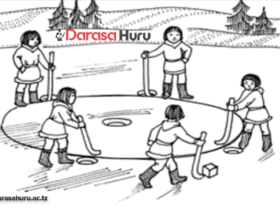


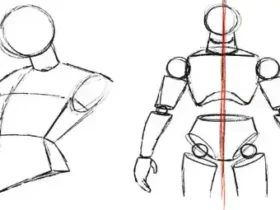
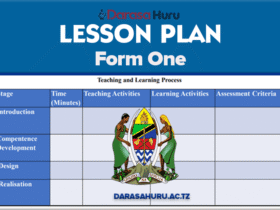






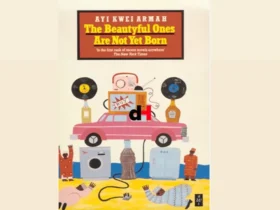
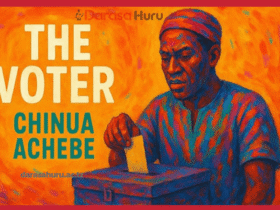

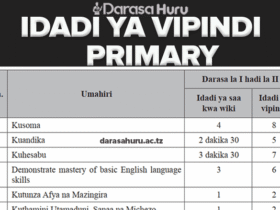
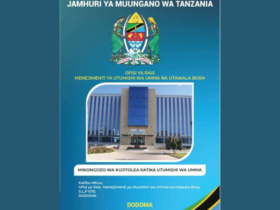
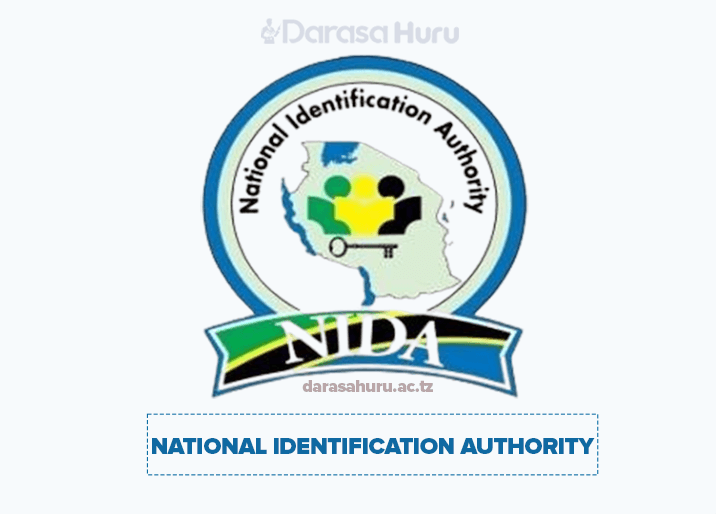

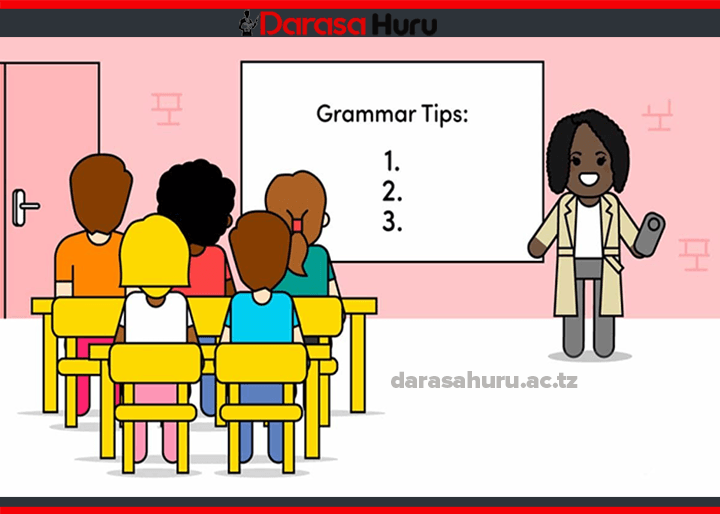



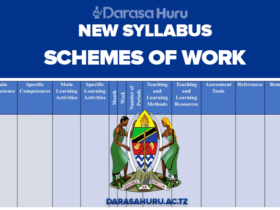

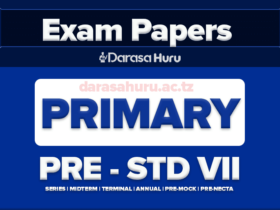



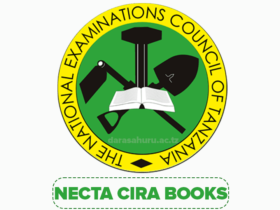
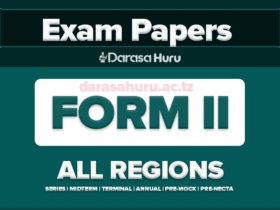

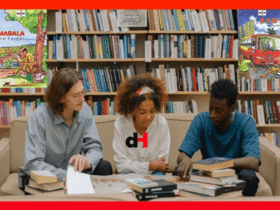

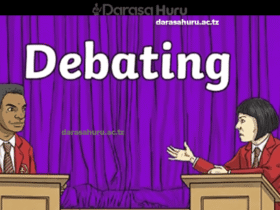

Leave a Reply